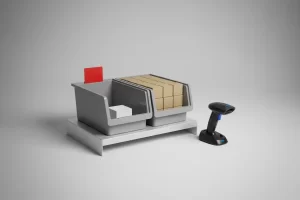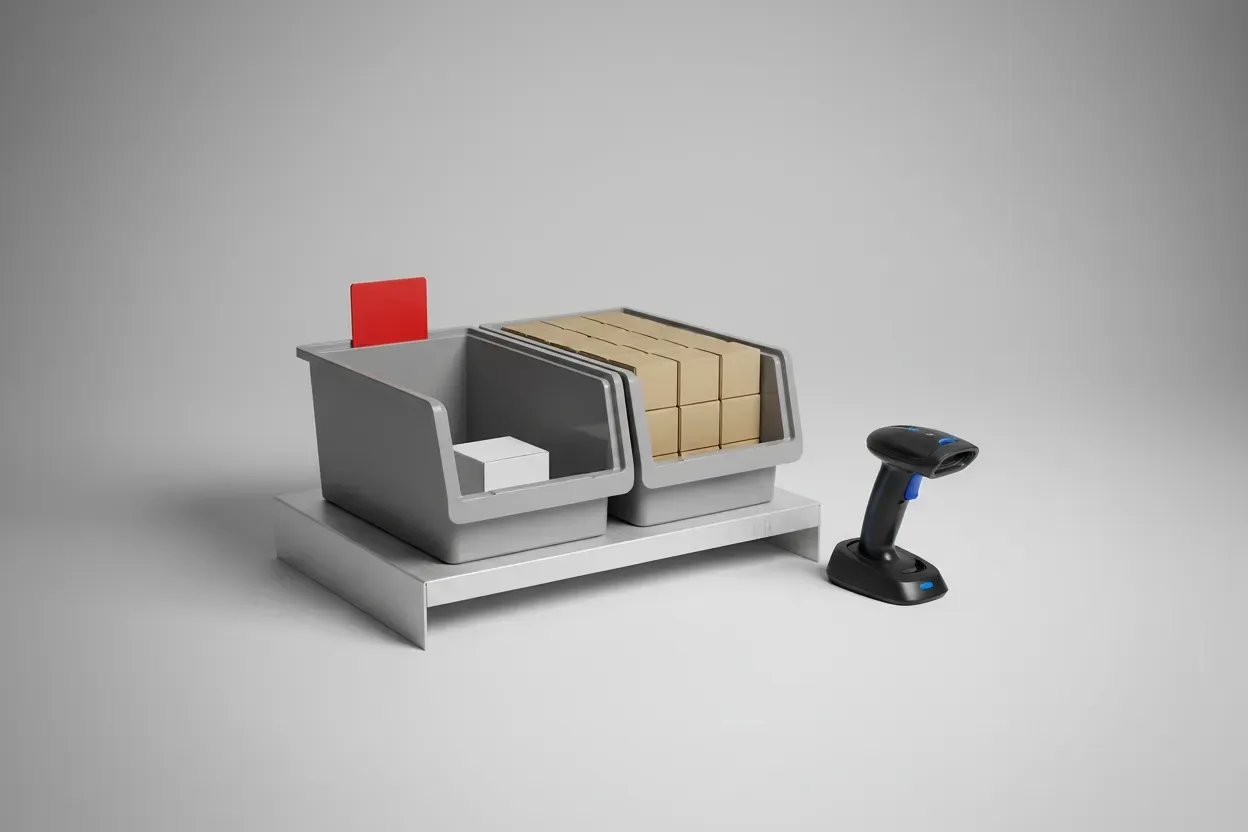How Do You Prepare for Economic Downturns or Financial Crises?
In the face of economic uncertainty, we’ve gathered insights from Founders and CEOs on how to fortify businesses against financial challenges. From building an emergency fund and exploring new markets to focusing on cash-flow management and cost reduction, explore the diverse contingency plans and strategies in these ten expert responses.
- Build an Emergency Fund and Explore New Markets
- Implement Cost Reduction and Cash Management
- Maintain Emergency Fund and Diversify Revenue
- Prioritize a Strong Cash-Reserve Policy
- Diversify Client Base for Financial Stability
- Adopt Cybersecurity Measures for Continuity
- Achieve Debt-Free Status for Resilience
- Optimize Inventory and Cash Flow Management
- Invest in Technology for Operational Efficiency
- Focus on Cash-Flow Management and Cost Reduction
Build an Emergency Fund and Explore New Markets
What was one emergency plan I adopted to protect my business from tough financial times? Diversification of revenue streams. In other words, I started exploring new markets and incorporating complementary services into our primary offerings so that I wouldn’t depend on a single source of income.
Moreover, during better financial times, we made sure to create an emergency fund that was strong enough to cover any business expenses when things were not so good. The result? Our money matters were always in good health, even during economic crises.
Khurram Mir, Founder and Chief Marketing Officer, Kualitee
Implement Cost Reduction and Cash Management
During tough financial times, I implement a contingency plan focused on cost reduction and cash-flow management. This includes renegotiating contracts with suppliers for better terms, reducing non-essential expenses, and implementing tighter budget controls.
I diversify revenue streams to reduce reliance on a single source of income and maintain a cash reserve to cover operational expenses during lean periods. By proactively managing finances and adjusting strategies as needed, I ensure the long-term sustainability and resilience of my business in the face of economic challenges.
Perry Zheng, Founder and CEO, Pallas
Maintain Emergency Fund and Diversify Revenue
As a leader of my own business, I prioritize maintaining a healthy cash reserve to cover unexpected expenses or revenue shortfalls. By diligently managing our finances and setting aside funds for emergencies, we can navigate downturns with greater stability and resilience. Diversifying our revenue streams and client base is another crucial strategy to mitigate risks associated with economic volatility. Expanding into new markets or extending our range of services reduces reliance on any single income stream.
Building strong relationships with suppliers, lenders, and other key stakeholders has been invaluable during tough financial times. Open communication and transparency build trust and enable us to negotiate favorable terms or secure additional support when needed. Investing in employee training and development is also essential to ensure that our team remains adaptable and capable of overcoming challenges together.
Implementing these contingency measures, we position our business to weather financial storms and emerge stronger on the other side, ready to seize new opportunities for growth.
Robert Roth, CEO, Quote For Solar Group
Prioritize a Strong Cash-Reserve Policy
At our organization, where we develop various productivity and collaborative tools, understanding the importance of resilience and flexibility has helped us create effective contingency strategies. Here’s how we prepare for tough financial times:
We prioritize a strong cash-reserve policy, keeping sufficient funds to cover at least six months of operating expenses without any income. This approach is not merely about saving; it’s about strategic financial planning.
We regularly review our expenses and adjust budgets to prioritize essential operations, ensuring operational liquidity. By doing so, we safeguard our core operations, allowing us to maintain service quality and continue product development even when times are tough.
Alari Aho, CEO and Founder, Toggl Inc
Diversify Client Base for Financial Stability
During tough financial times, implementing a robust contingency plan is essential for safeguarding our legal process outsourcing company.
One strategy we’ve implemented is diversifying our client base across different industries and geographic regions to reduce dependency on any single market or sector.
This approach proved invaluable during the economic downturn caused by the COVID-19 pandemic. While some industries experienced significant declines, others remained relatively stable or even saw growth.
By maintaining a diversified client portfolio, we were able to offset losses in one area with gains in others, helping us weather the financial challenges more effectively.
Additionally, we’ve focused on optimizing operational efficiency and controlling costs without compromising the quality of our services, ensuring that we remain resilient even during challenging economic conditions.
Aseem Jha, Founder, Legal Consulting Pro
Adopt Cybersecurity Measures for Continuity
Implementing a robust cybersecurity strategy is imperative during tough financial times. This plan ensures that your business remains protected from potential threats, safeguarding your data, finances, and reputation. By adapting to cybersecurity measures, you can mitigate risks and maintain business continuity.
Cybersecurity measures can include regular software updates, employee training on phishing and other cyber threats, data encryption, and the use of firewalls and antivirus software. These actions help protect your business from cyberattacks, ensuring that your operations run smoothly even during challenging economic periods.
Peter Reagan, Financial Market Strategist, Birch Gold Group
Achieve Debt-Free Status for Resilience
I have fortified my law practice for tough financial times by being debt-free. By diligently managing expenses and avoiding unnecessary borrowing, I have built a resilient financial foundation. This strategy ensures the business remains agile and adaptable, safeguarding the business against economic uncertainties by eliminating the risks associated with debt.
Luke Smith, Attorney and Founder, LawSmith PLLC
Optimize Inventory and Cash Flow Management
During tough financial times, I implemented a contingency plan focused on optimizing our inventory management and cash flow. This entailed revisiting agreements with suppliers to secure more favorable terms, reducing excess inventory, and prioritizing fast-moving products. We refined our pricing strategy to ensure competitiveness while maintaining profitability.
By closely monitoring our expenses and revenue streams, we were able to make data-driven decisions to mitigate financial risks and ensure the sustainability of our business. This experience underscored the importance of proactive planning and flexibility in navigating challenging economic conditions, strengthening our resilience as an e-commerce gift shop.
Zai Zhu, CEO and Founder, My Gift Stop
Invest in Technology for Operational Efficiency
To safeguard our business, I invested in technology and automation to improve efficiency and reduce costs. By adopting tools and systems that automate routine tasks and streamline operations, we were able to maintain productivity with fewer resources.
For example, using CRM software to manage client interactions and marketing automation tools for outreach campaigns saved time and reduced labor costs.
This investment in technology ensured we could sustain operations and continue delivering high-quality service even during financial downturns.
Mark McShane, Founder, Cupid Digital PR
Focus on Cash-Flow Management and Cost Reduction
During tough financial times, I’ve implemented a contingency plan focused on cash-flow management and cost reduction. This involves closely monitoring our expenses, renegotiating contracts with suppliers for better terms, and prioritizing essential spending. We maintain a robust emergency fund to cover unforeseen expenses or revenue shortfalls.
By taking proactive measures to safeguard our financial stability, we ensure that our business remains resilient and capable of weathering economic challenges, ultimately positioning us for long-term success.






































